The decision at a recent key high-level meeting to create a favorable environment and more opportunities for private enterprises aims to shore up the confidence of China's private sector and will drive advanced productivity, spurring future economic growth, government officials and industry experts said on Friday.
Experts also said that the potential reform measures could see more tax reductions for small and medium-sized enterprises, lifting the share of private firms in government purchases, and encouraging more private firms in major technological projects such as artificial intelligence and stored energy.
Han Wenxiu, executive deputy director of the Office of the Central Committee for Financial and Economic Affairs, said on Friday that China will enhance the long-term mechanism for private companies to participate in major national projects and will support capable private firms in leading significant national technological and innovation projects.
"As the rule of law offers the best business environment, China will formulate and introduce a law to drive the development of the private economy," he said, adding that more efforts will also be made to regulate administrative inspections of private companies.
Han's remarks were made at a news conference regarding a resolution decided by the just-concluded third plenary session of the 20th Central Committee of the Communist Party of China on further deepening reform comprehensively to advance Chinese modernization.
Given that the world is now quickly advancing to new technology and innovations amid rising geopolitical changes, Liu Junhai, a professor and head of commercial law at Renmin University of China in Beijing, said that the private economy itself is advanced productivity, and encouraging the development of the private economy will inject new productivity into economic growth in a timely manner.
Gao Zicheng, chairman of the All-China Lawyers Association, said that such a law can include measures such as tax deferral, reduction, and exemption for qualified private enterprises, especially SMEs, simplifying tax payment procedures and increasing the share of private firms in government procurement.
Wang Peng, a senior researcher at the Beijing Academy of Social Sciences, said the country's latest call to enhance the long-term mechanism for private companies to participate in major national projects will greatly shore up confidence and drive their passion for more innovations.
Su Meng, chairman and CEO of Beijing Percent Technology Group Co, a leading private-sector provider of data science products, said the eligibility criteria for companies to participate in major national projects used to be relatively high. "Many private enterprises usually found it hard to meet all those criteria," he said.
"With the new moves, private enterprises are expected to have more opportunities to contribute to major national science and technology projects and make more innovations on a global scale," said Su.








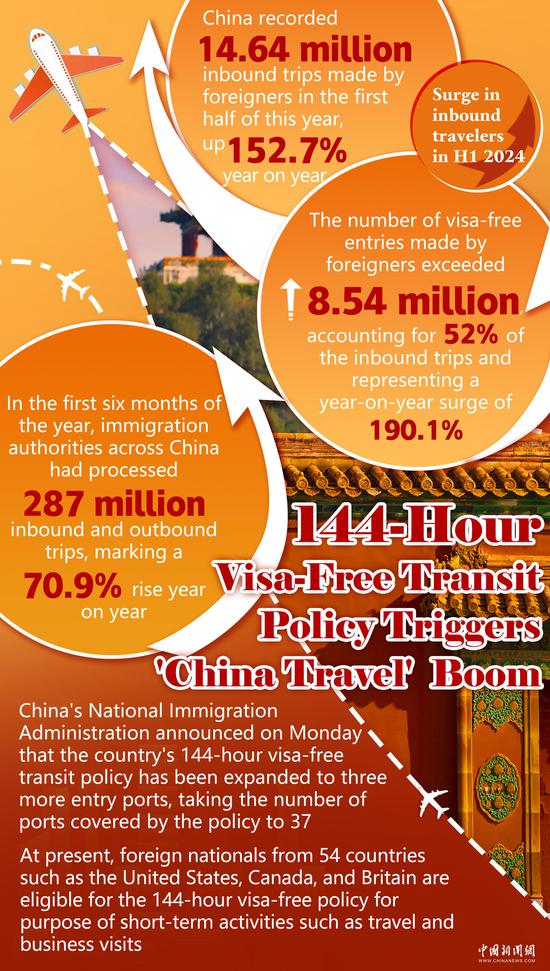








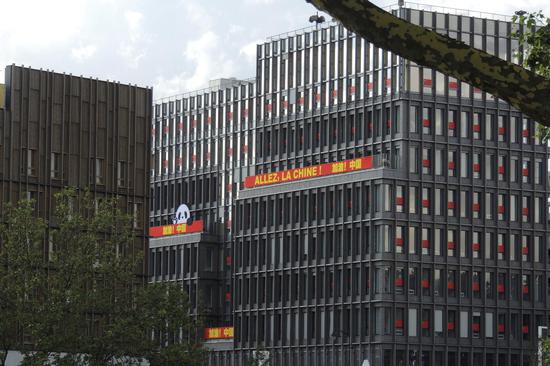






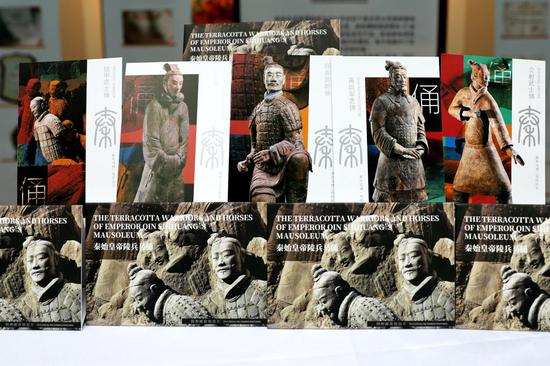









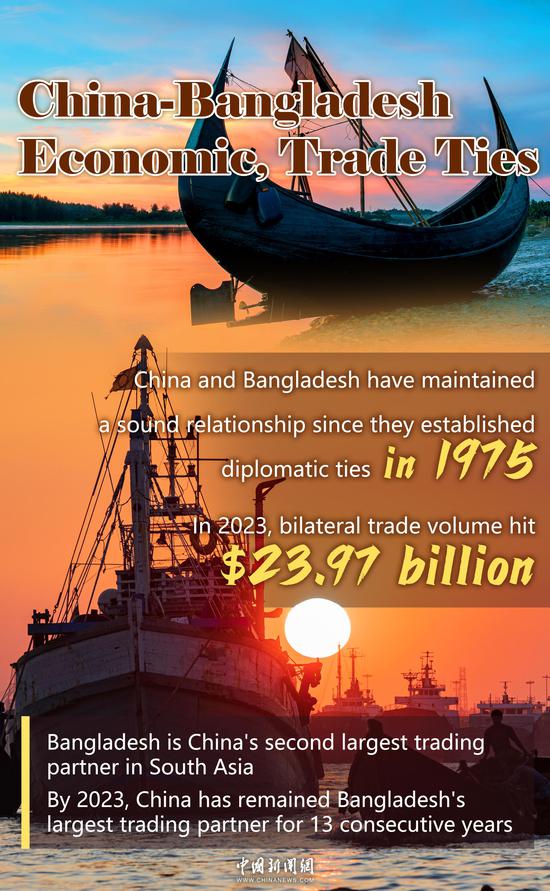

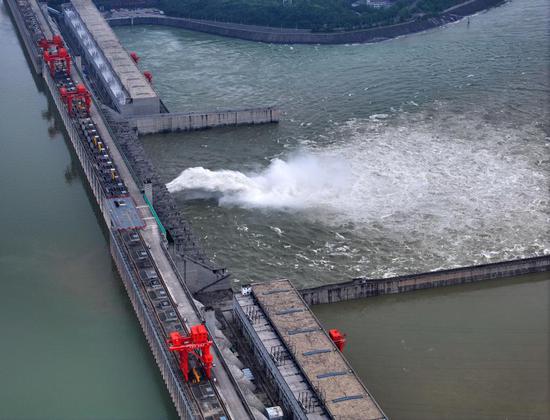
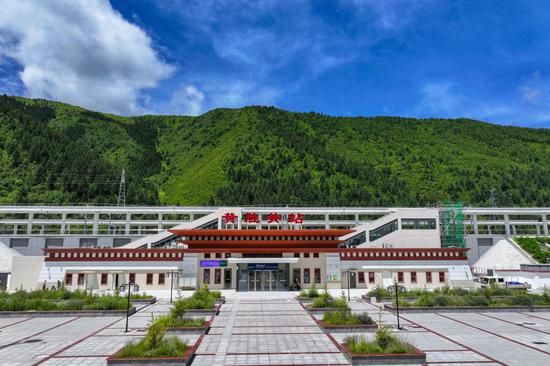
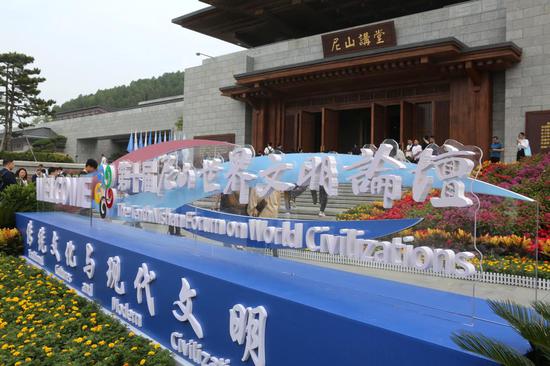











 京公网安备 11010202009201号
京公网安备 11010202009201号